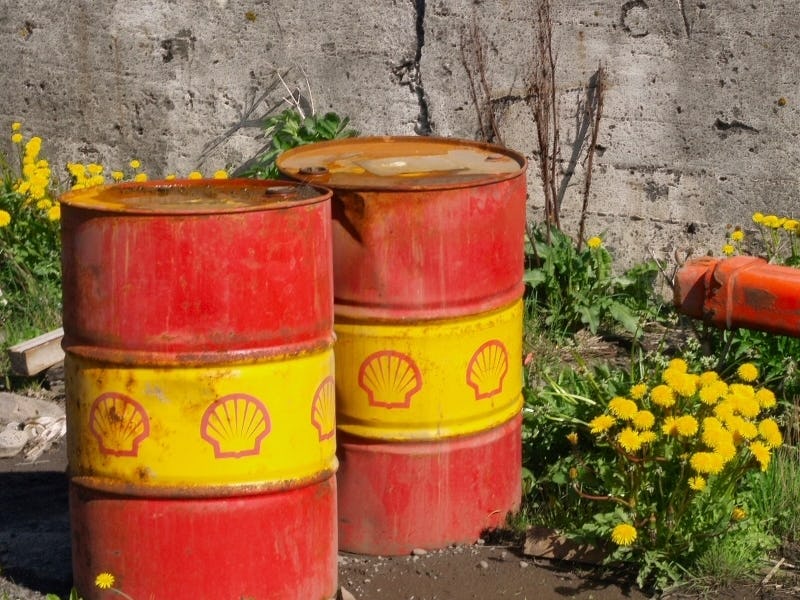Why Oil Giant Shell Announced It Will Invest $1 Billion in Clean Energy
Even oil companies understand that solar is the future.

Royal Dutch Shell sees a future filled with electric cars and solar plants, particularly in the developing world — and to make it a reality, the massive oil conglomerate is pumping money into renewable energy.
On Monday, Shell CEO Ben Van Beurden said that the company plans to spend as much as $1 billion per year on its New Energies division that will focus on developing projects like hydrogen fuel-cells and next generation biofuels.
“In some parts of the world we are beginning to see battery electric cars starting to gain consumer acceptance” Van Beurden said in a speech to the World Petroleum Congress in Istanbul on Monday, which was reported by Bloomberg News.
According to Bloomberg, Van Beurden also noted the most important development in clean energy — that the costs for creating wind and solar power are falling dramatically. “All of this is good news for the world and must accelerate,” Van Beurden said.
Renewable energy is becoming so cheap, in fact, that analysts predict that the U.S. will hit carbon emissions targets set by the Paris Accords even after President Donald Trump’s decision to withdraw. And cheap is hugely important, Van Beurden said, because the real march toward renewable energy won’t happen where we think.
Most of the time, the conversation around renewable energy centers around giant Tesla batteries in Australia or developed nations investing in solar, but the real opportunity for change will come parts of the developing world.
Solar panels in the barren Ladakh region of India.
“When you consider the areas of the world where energy demand is still to expand, like Asia and sub-Saharan Africa, there is a huge opportunity,” Van Beurden said during his speech to the WPC. “These are areas that are not, on the whole, locked in to a coal-driven system. There is the potential for them to shift more directly onto a less energy-intensive pathway to development.”
Fossil fuel companies know better than anyone that their primary product — refined petroleum — is a finite resource. While many of them are funneling resources to climate change denialism, they also realize that there’s a tremendous amount of money to be made in renewable energy.
In the developing world, Van Beurden is saying that putting resources toward new energies could win over millions of new customers with growing energy demands, ensuring future revenue streams for the company. If the environment gets a little better as a side effect, well, that’s just a bonus.